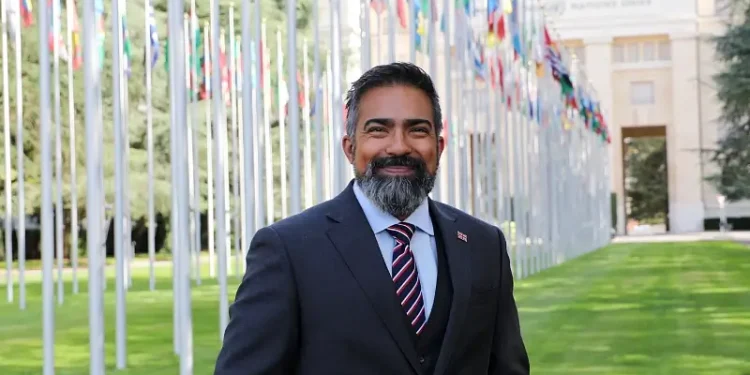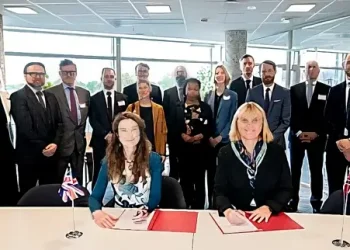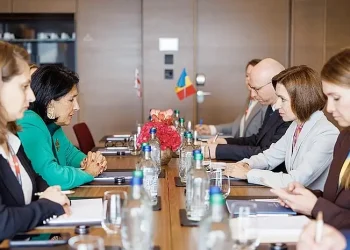The UK’s Permanent Representative to the WTO, Kumar Iyer, emphasized the nation’s commitment to incorporating the Investment Facilitation for Development Agreement (IFDA) into Annex 4 of the WTO Agreement during a meeting in Geneva on July 22-23, 2025.
This move aims to enhance investment opportunities, particularly in developing countries, and underscores the importance of WTO reform for global economic stability.
UK’s Push for Global Investment
The UK is advocating for the inclusion of the IFDA into Annex 4 of the WTO Agreement by the upcoming 14th Ministerial Conference (MC14).
This agreement is seen as a crucial step towards closing a $4 trillion investment gap necessary to achieve Sustainable Development Goals. By facilitating investments in developing economies, it opens new markets and supply chain opportunities for UK businesses.
Implications for British Consumers
- Potentially cheaper and more diverse products due to streamlined global supply chains.
- Increased business confidence and reduced complexity in international trade rules.
- Enhanced job creation focused on developing regions, benefiting UK exporters and investors.
The Role of WTO Reform
Kumar Iyer highlighted that without significant reforms at MC14, businesses might face inefficiencies and increased volatility. The UK’s support for Canada’s initiative on open dialogue among WTO members aims to promote transparency and inclusiveness.
These efforts are vital for maintaining global trade rules that underpin economic growth and development.
Quotes
Kumar Iyer stated,
“The IFDA shows the potential of the WTO at its best. Advantages of this agreement are well rehearsed and well known to all Members here: it increases business confidence, reduces complexity, increases growth, increasing jobs and most importantly those jobs and growth will be concentrated in the developing world.”
Iyer further emphasized, “None of this would be possible without the WTO. That is what our publics care about; that is what our politicians care about.”
History
This push aligns with the UK’s post-Brexit strategy to secure its role in global trade through multilateral agreements.
Previous ministerial conferences have faced challenges in negotiations, making progress at MC14 even more critical. The focus on private sector investment echoes past commitments to international development goals.
Additional Reading
Bottom Line
The UK’s advocacy for incorporating IFDA into Annex 4 highlights its commitment to fostering global economic stability through investment facilitation.
As MC14 approaches, these efforts underscore a broader strategy aimed at enhancing trade relationships post-Brexit while addressing critical development goals worldwide.
Discover more of More of Todays Top Breaking Government News Stories!
Sources: UK Government, WTO, Foreign, Commonwealth & Development Office, Department for Business and Trade and Kumar Iyer CMG.
Prepared by Ivan Alexander Golden, Founder of THX News™, an independent news organization delivering timely insights from global official sources. Combines AI-analyzed research with human-edited accuracy and context.









